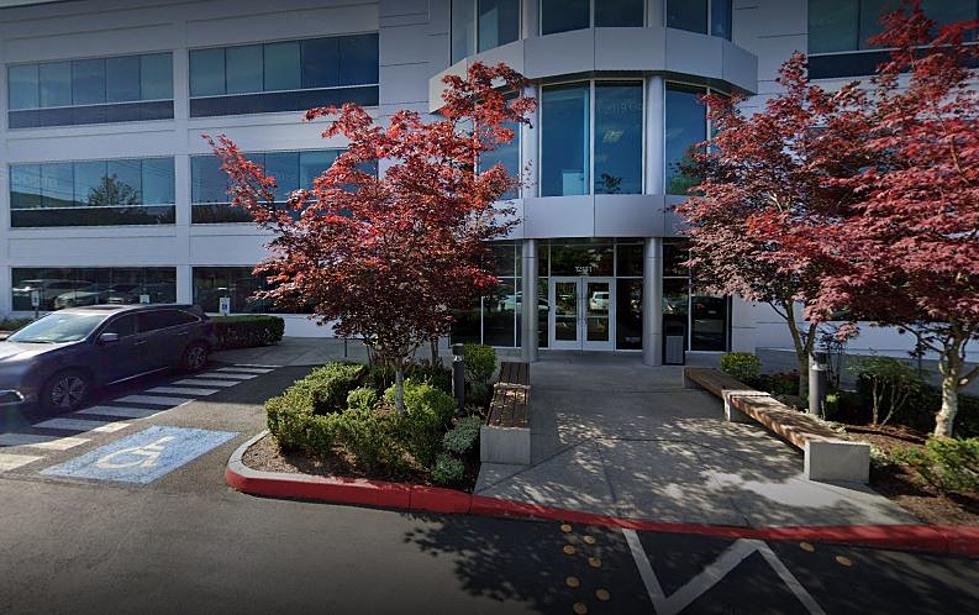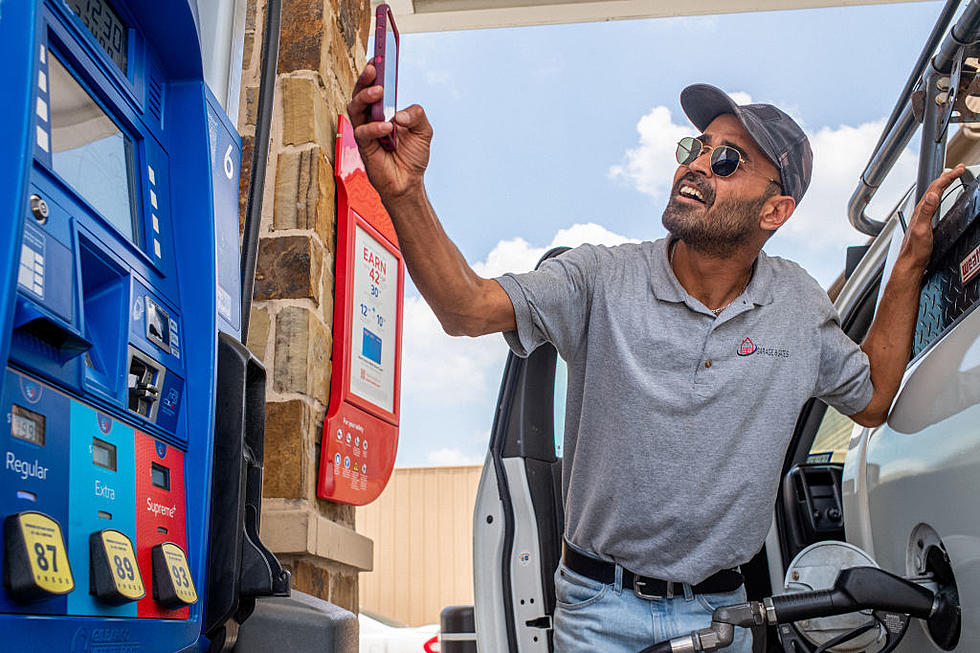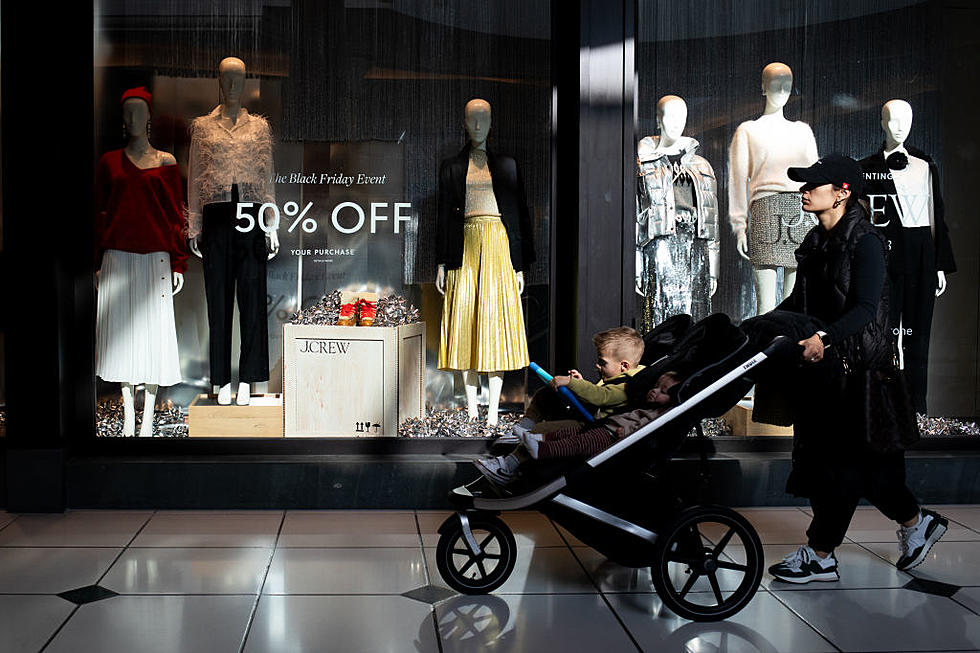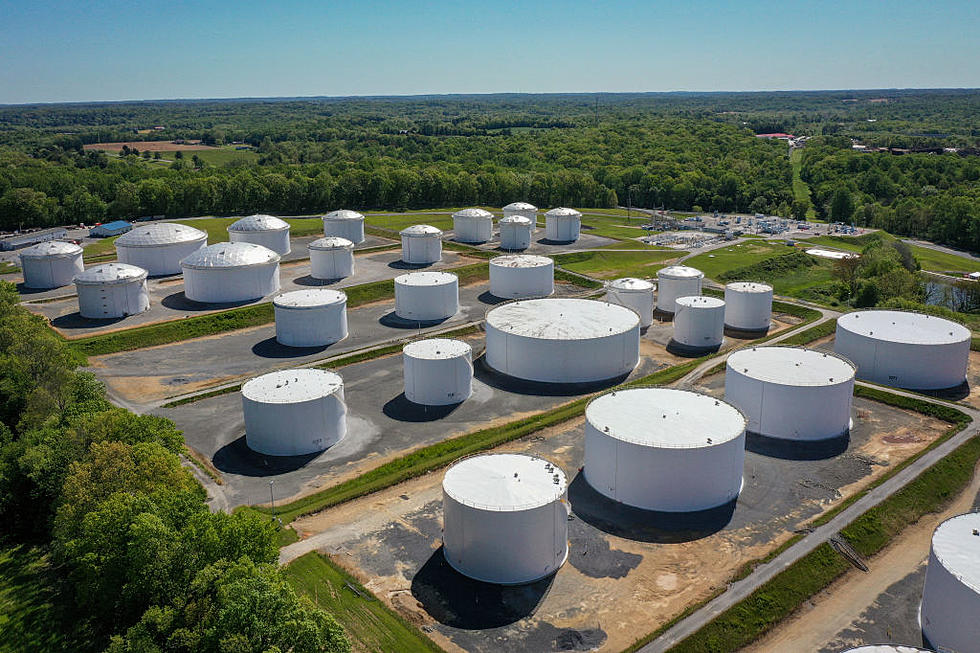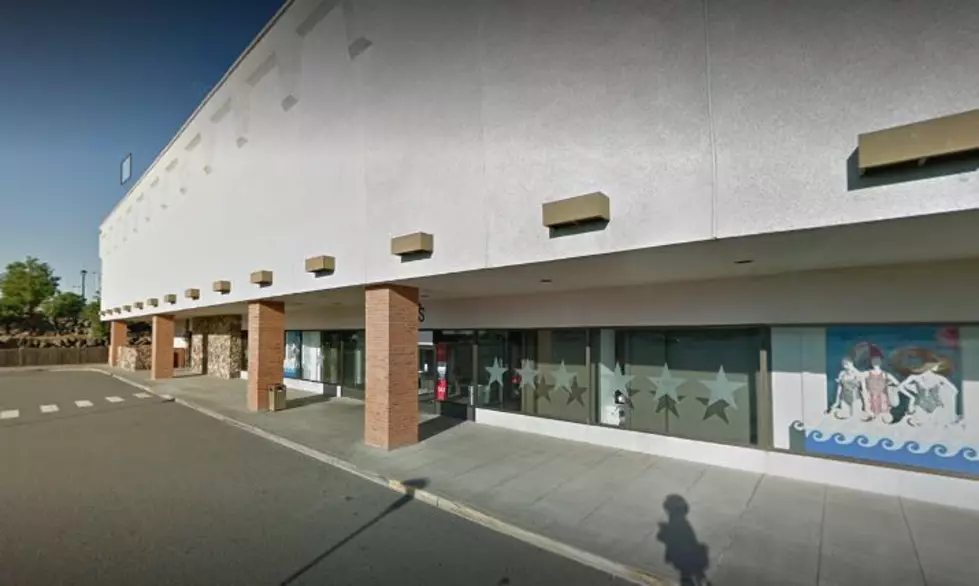
COVID Expected to Hurt Brick and Mortar Holiday Retail
Although the national economy was fighting it's way back during late August, Sept. and October when the GDP (gross domestic product) went up 33 percent, COVID is expected to have a harsh impact on holiday retail--especially brick and mortar stores. These would be your shopping malls, and stand alone businesses, not excluding Target, Best Buy, even Walmart to a degree and others in traditional building settings.
According to the national marketing and analysis company Zenreach, by the end of the year (holiday season) sales for traditional brick and mortar retail stores could be at only 21.5 percent of 2019 totals.
Online shopping and traffic will already be boosted by COVID shutdowns, which shoved a ton of business online. However, Black Friday and the holidays are always expected to help traditional walk in stores.
But this year, it will be hard on them. Zenreach reports that last year, 2019 the 7 day walk in rolling average (people who go to retail stores, presumably for holiday shopping) was about 500,000. This year, it appears it will be closer to 200,000.
If these trends hold, that 21.5 percent could be seen. Much of the damage has been especially caused in states where Governors locked things down very tight, and continue to do so, such as CA, OR, WA, New York and others.
Also, with the lockdowns in many areas, and some citizens being reluctant to go out and brave the crowds, Black Friday is not expected to have the usual boost for traditional brick and mortar stores, such as shopping malls. It will however, provide another boost for Cyber Monday online shopping.
Areas that were locked down much less through the pandemic will probably see better Black Friday in store shopping. But in general, that's why many merchants are doing Black Friday specials pretty much the entire month of November.
More From 870 AM KFLD
